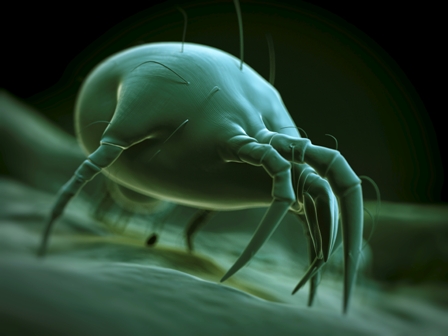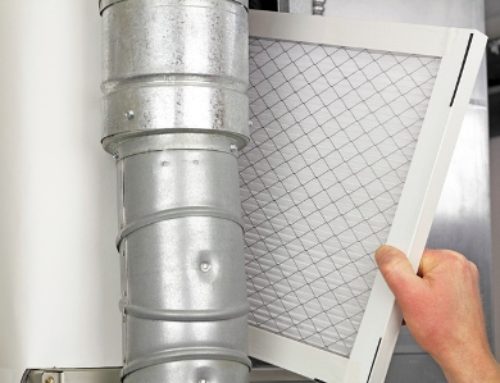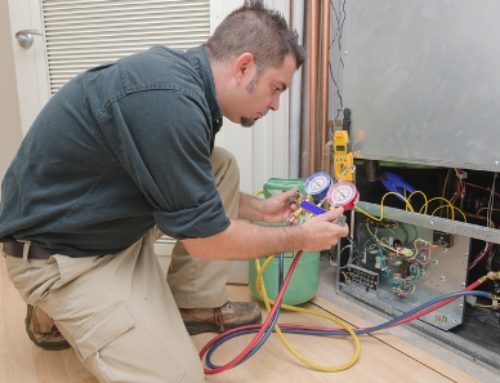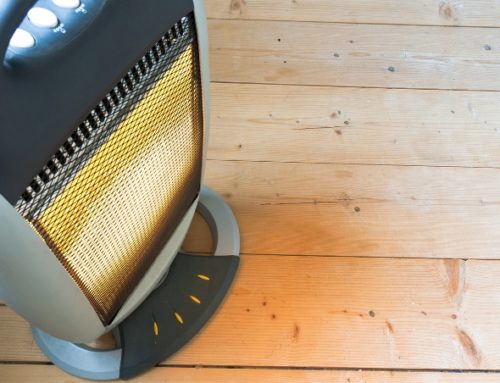During the summer, flowers are blooming, the temperatures are warmer, and allergens abound in the air. Your home is meant to be a haven from the elements, including airborne allergens, but it can’t do that if you have poor air quality control. If your home’s air quality is not properly regulated, summer can be especially difficult if you suffer from allergies to mold, pollen, dust, and other substances.
Types of Allergens
Poor-quality air contains various pollutants, including dust. Any dust you find in your home is likely composed of numerous substances. A single flake can include dust mites, mold spores, bits of dead bugs, flecks of dander, and a number of other ingredients that are best left unmentioned. Most of these contribute toward allergic reactions in people sensitive to them. A few of the allergens you may find in your home are described below:
- Dust mites: These are tiny bugs that are almost impossible to see without a microscope. They feed primarily on dead skin, which is regularly shed by humans and animals alike. Dust mites can be problematic because the enzymes they use to digest their food remain in their excrement, and this is what often causes allergic reactions. Their exoskeletons can also contribute toward allergies.
- Pollen: Seasonal allergies are generally caused by pollen from flowers, trees, and grass. Pollen, which plants produce to fertilize other plants, looks like a fine dust that is carried from one plant to another by insects, birds, and wind. People can be allergic to certain types of pollen, leading to allergies during those seasons in which those plants bloom.
- Mold: Similar to plants and pollen, mold spores come from fungus. These spores cause irritation in the nose and eyes for those sensitive to it. Generally, mold thrives in warm, humid places, such as the shower or your basement.
- Pet dander: Pet allergies come from animal dander (not their hair, contrary to what is commonly believed). The dander is generally found on their hair, so allergies may be worse the more an animal sheds.
- VOCs: Volatile organic compounds (VOCs) often come from building materials and can cause reactions for anyone in large amounts. For those with an allergy to them, it only takes a very small amount to cause irritation, runny nose, and sneezing.
If someone in your home has allergies, the presence of allergens will generally lead to irritated nasal passages and eyes, runny nose, congestion, coughing, and wheezing.
Air Quality Control
Your home’s HVAC system is the key to controlling air quality and eliminating allergens. When it is functioning properly, it filters allergens out of the air and reduces allergic reactions. On the other hand, if the system is malfunctioning or the filters are clogged, airborne allergens abound.
At Climate Tech Air Conditioning and Heating, our NATE-certified technicians can help you control allergy problems by keeping your AC unit in optimum working order. We provide accurate diagnosis of system problems along with quality maintenance and repairs. For more information or to schedule an appointment, contact Climate Tech today.








